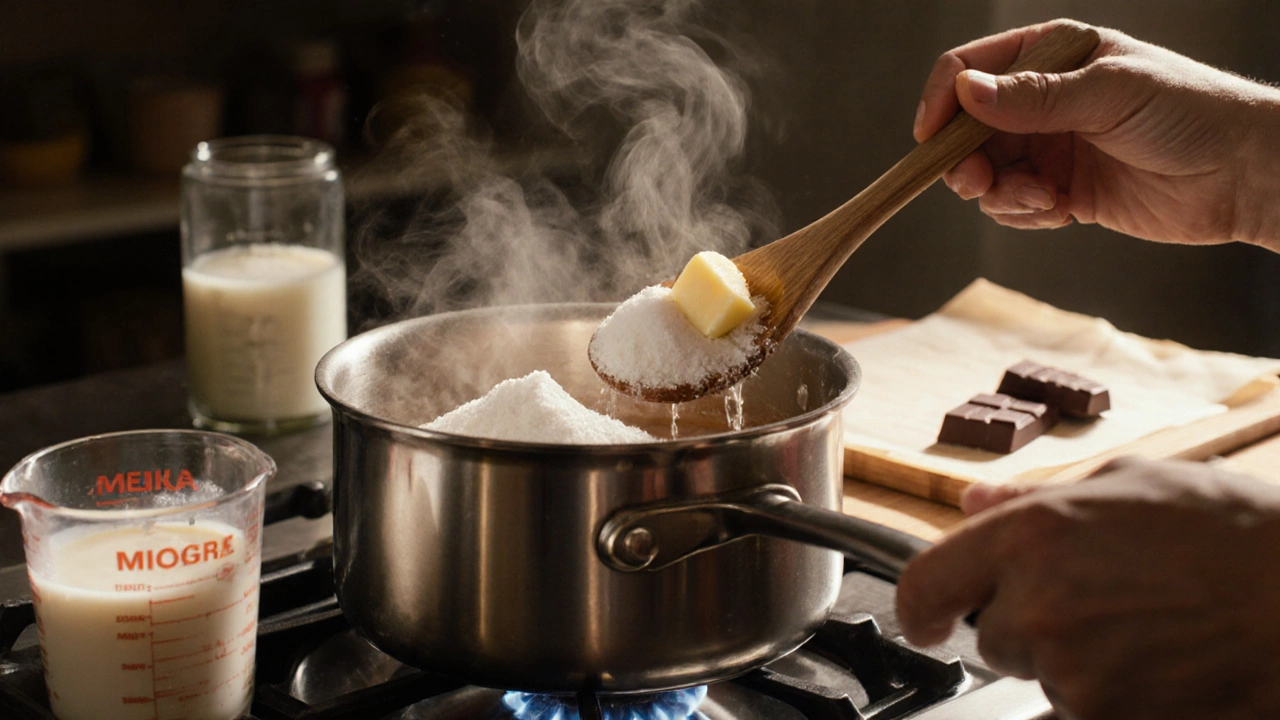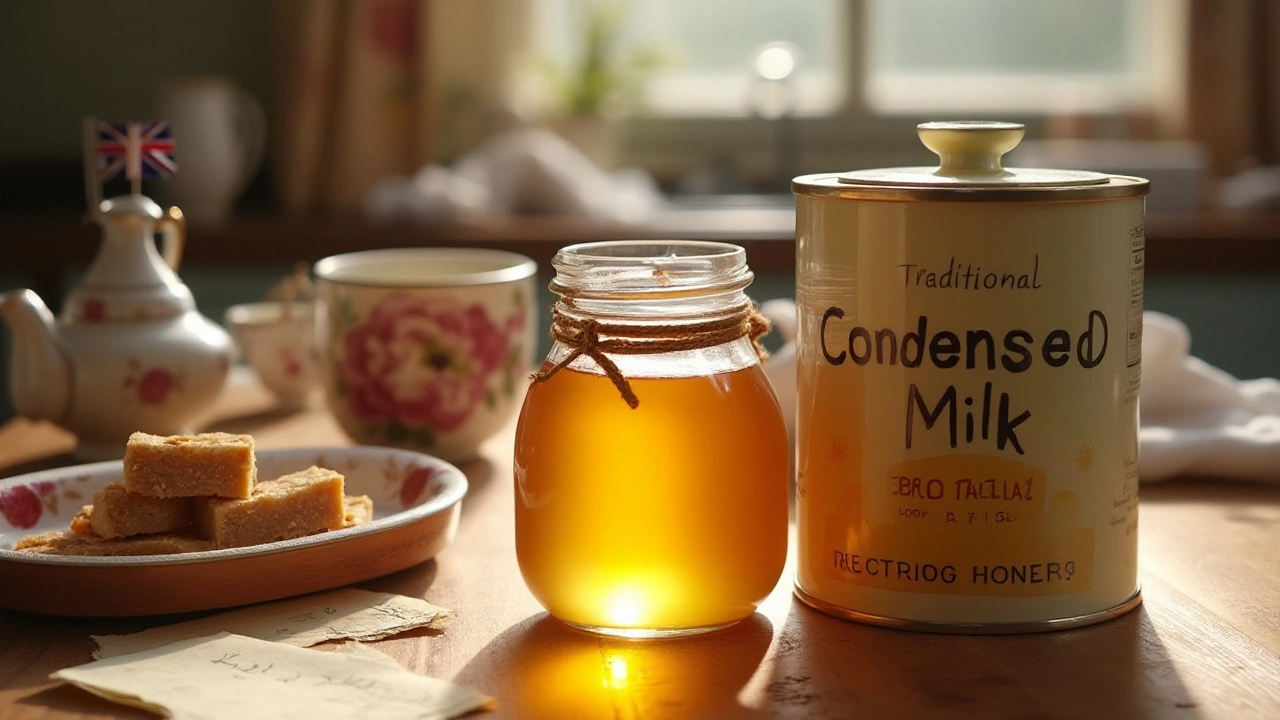
Do You Need to Refrigerate Homemade Fudge?
Find out if homemade fudge needs refrigeration, how to store it, shelf life tips, spoilage signs, and serving advice for safe, delicious results.
Ever tried making fudge at home and ended up with something grainy or too runny? You’re not alone. Fudge is a favorite treat, but it can be finicky. Below you’ll find a step‑by‑step recipe, what to do when things go wrong, and how to keep your fudge fresh for weeks.
Here’s a no‑fuss method that works for beginners. You only need four ingredients: butter, sugar, milk, and chocolate.
Ingredients
Instructions
That’s it! The texture should be creamy and dense, not gritty. If you follow the temperature range, you’ll avoid most problems.
Even with the right temperature, fudge can misbehave. Below are the most common issues and quick fixes.
Grainy texture – This usually means the sugar crystals re‑formed. Stir the mixture vigorously while it’s still hot, or add a splash of cream and beat until smooth. If it’s already set, grate the grainy fudge and melt it again with a little extra butter.
Too soft or runny – The fudge likely didn’t reach the soft‑ball stage. Return it to the stove, bring back to a boil, and heat an extra 5‑10 °F. You can also add a tablespoon of corn syrup to help it set.
Burnt flavor – Burned sugar gives a bitter taste. If you catch it early, transfer the mixture to a clean pan and reheat gently, stirring constantly. If the burnt taste is strong, it’s safest to start over.
For more creative rescue ideas, think about turning failed fudge into ice‑cream toppings, brownie swirls, or chocolate sauce. A grainy batch works great as a crunchy layer in a trifle.
Proper storage keeps fudge soft for weeks. Cut the fudge into squares, then place them in an airtight container. A layer of wax paper between pieces prevents them from sticking together.
Store the container in a cool, dry spot – the pantry works if it stays below 75 °F (24 °C). If you live in a warm climate, pop the container in the refrigerator. Fudge will stay good for up to three weeks chilled, and even longer in the freezer (up to six months). Just let it come to room temperature before serving for the best texture.
Want to add flavor twists? Fold in toasted nuts, dried fruit, or a pinch of sea salt right after you stir in the chocolate. For a fun holiday version, swirl in white chocolate or sprinkle crushed candy canes on top before the fudge sets.
Now you have a reliable recipe, a toolbox for fixing mishaps, and storage tips to keep your homemade fudge delicious. Grab your saucepan and give it a go – perfect fudge is just a few steps away!

Find out if homemade fudge needs refrigeration, how to store it, shelf life tips, spoilage signs, and serving advice for safe, delicious results.

Unlock the secrets to making creamy, homemade fudge every time. Learn science-backed tips, common mistakes, and expert tricks for perfect fudge.

Fudge not hardening? Discover exactly how long it takes, the science behind it, and smart tips to get that perfect, set fudge every time.

Ever wondered why so many classic fudge recipes call for evaporated milk? This article digs into the science and history behind it, and why regular milk or cream just doesn’t cut it. You'll pick up surprising tips to avoid grainy fudge, plus easy swaps for when you’re out of evaporated milk. Whether you’re a first-timer or a seasoned candy-maker, you’ll find answers here. Say goodbye to failed batches and hello to creamy, melt-in-your-mouth fudge.

Wondering why your homemade fudge isn't smooth and creamy? Sugar crystals might be the culprit! Learn to avoid this common issue with some practical kitchen tricks and techniques. From understanding sugar's behavior to using the right tools, these tips will help you whip up perfect fudge every time.

Exploring the possibility of substituting condensed milk with honey in fudge recipes can freshen up a classic treat with a natural sweetness. This approach provides a healthier alternative and caters to those with lactose intolerance. Dive into the delicious and creative process of making honey-based fudge and the benefits it brings. Learn useful tips and considerations when experimenting with honey in your homemade delights.